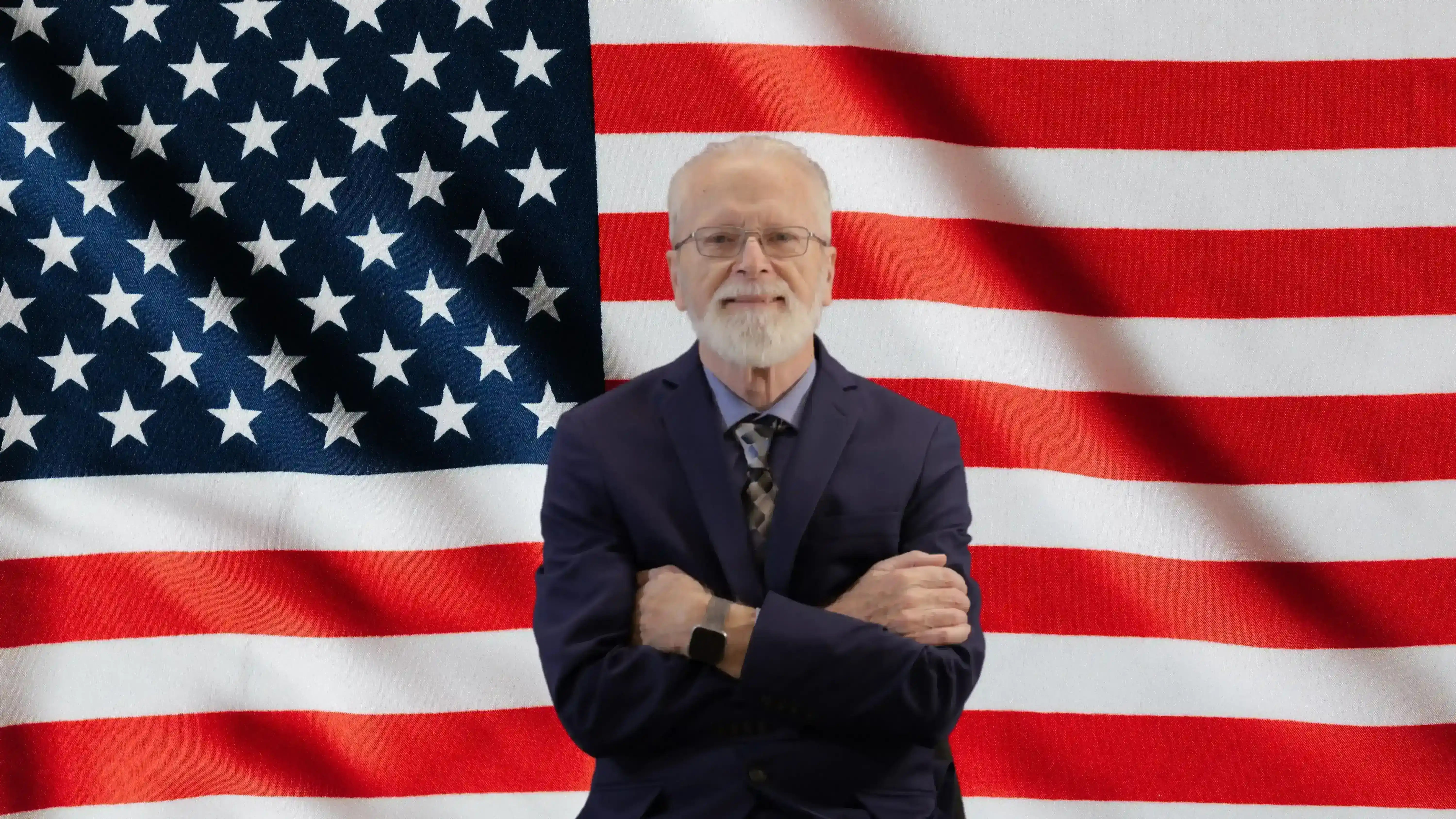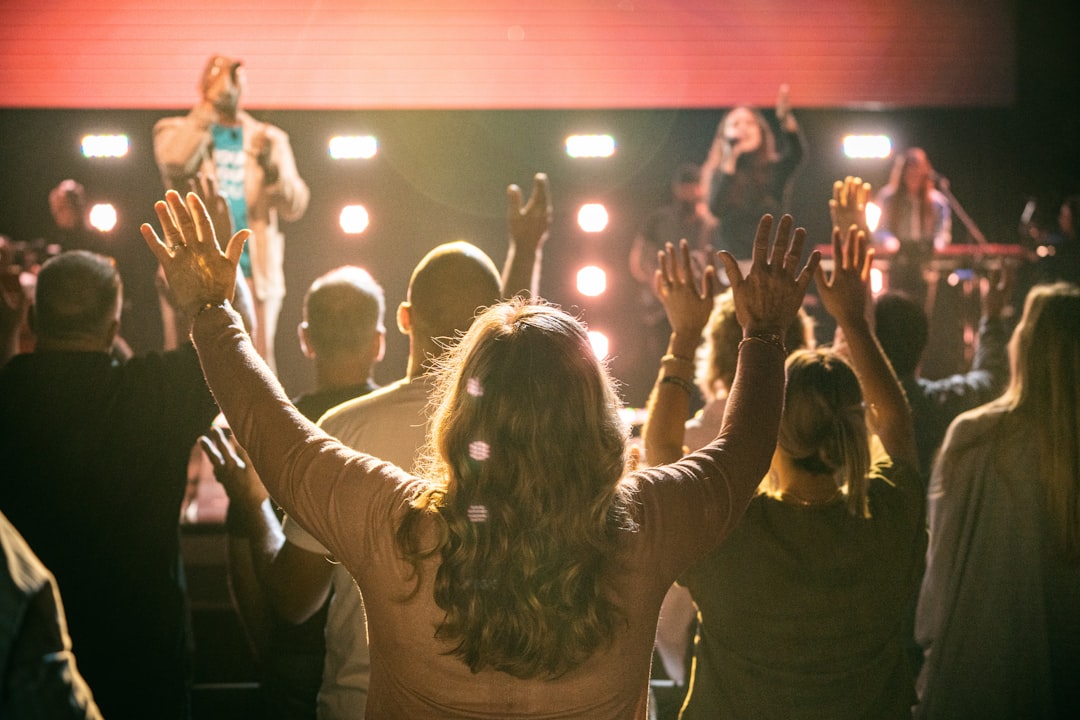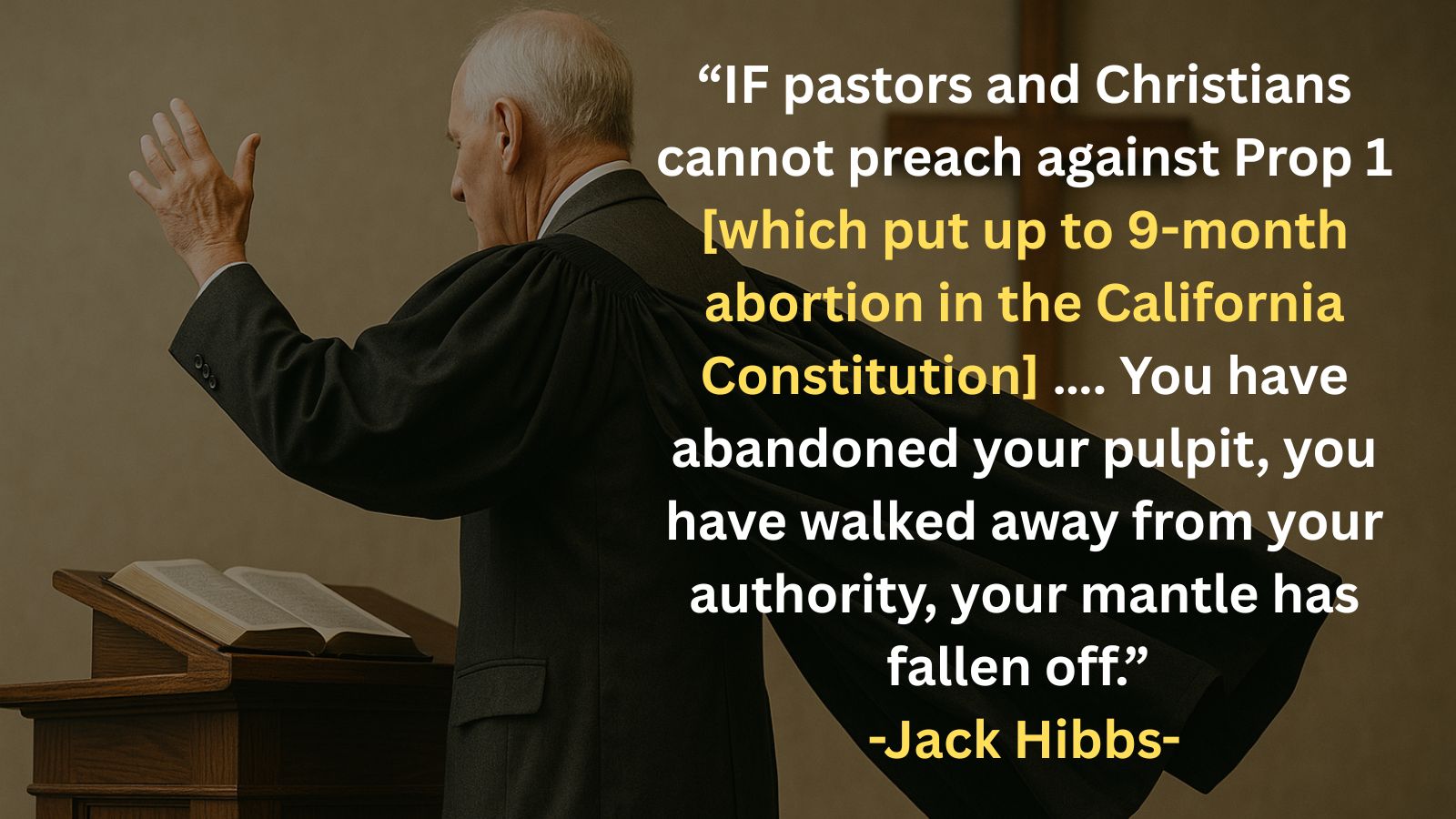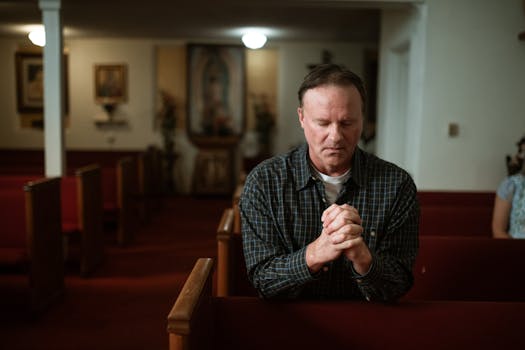
Why Are Evangelical Church Preachers So Afraid?
A critical look at the silence within America's pulpits and the consequences for the next generation.
This first book is a direct call to Evangelical pastors, elders, and men across America to rise in defense of biblical truth. The MAGA movement, TPUSA, and other vital parachurch organizations cannot reverse the nation’s moral and spiritual decline unless churches take an active stand. The crisis is not just cultural—it is ecclesiastical. The silence of our pastors is the root of a generational tragedy, including the departure of 29% of youth from the church, unprepared for the spiritual war that awaits them in college and society. Many of these Gen Z individuals now face depression, suicide, and existential hopelessness.

This book addresses two distinct groups: Baptist and broader Evangelical churches, many of which have subtly shifted toward progressive ideologies, especially post-COVID-19. Congregants returned to reopened churches only to hear a new gospel—one that affirms rather than challenges culture. They are bewildered, unsure how to respond to this theological drift.
The Southern Baptist Convention stands at a similar crossroads. The book is a plea to its leaders to avoid following the same progressive path. With 64% of younger Evangelicals holding a worldview tainted by unbiblical ideas (Barna, 2024), the collapse of the church is not merely possible—it’s already underway.
Further compounding the problem is the influence of pietistic theology, which downplays matters of the body, politics, health, and education in favor of purely spiritual concerns. This mindset—originating in Gnosticism—suggests that what one believes is more important than what one does. But this heresy, once defeated in the early church, has reemerged in modern Christianity, weakening the church's ability to confront real-world issues.
The long-term impact is clear. False ideas, left unaddressed, have metastasized. What once affected 10% of congregants now impacts 64%. And these unbiblical worldviews—left unchecked by silent pulpits—may ultimately lead to mass apostasy as social pressures intensify in the years leading to 2030. Without bold leadership, many churches could shrink by half—or collapse entirely.
We are nearing a critical moment in history. The push toward a one-world government is no longer speculative. It is strategic, and America’s church may be coerced into submission. If our pastors do not rise between now and 2026, it may be too late.













